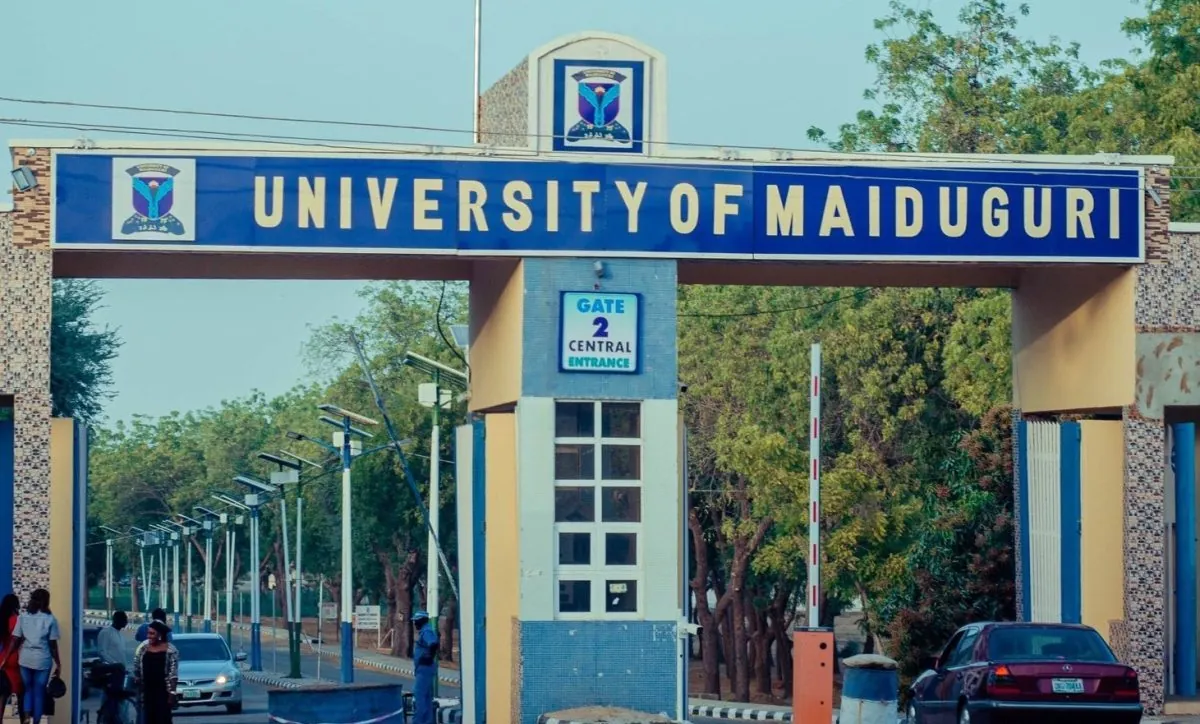
In a country where public universities face perennial underfunding, dilapidated infrastructure, and frequent strikes, Nigeria’s political class has found a new way to erode the dignity of its academic institutions through abrupt renaming, driven by political gratification rather than merit or history. This creeping trend, where institutions are renamed after politicians or individuals with little or no ties to their founding vision, is not only revisionist but also a calculated desecration of academic heritage.
The Nigerian academic landscape is littered with stories of such political interference. One of the most controversial attempts as reported in the dailies was in 2012 when the federal government under President Goodluck Jonathan sought to rename the prestigious University of Lagos to Moshood Abiola University. The backlash was swift and deafening. Students, alumni, and civil society groups vehemently rejected the move, staging protests across the nation. Many questioned the rationale behind the decision and decried the lack of consultation. Eventually, the government backtracked but the attempt left a sour taste in the mouth of many Nigerians.
Unfortunately, other institutions were not as lucky. Kogi State University, popularly known as KSU originally established to serve as a beacon of higher learning in the North Central region, was renamed Prince Abubakar Audu University by the state government in honor of the late former governor. While Abubakar Audu played a significant role in the founding of the university, critics argue that renaming the institution unilaterally without input from stakeholders undermines its neutrality and opens the door for political manipulation of academia.
Even more recently, news broke out, of the federal government’s plan to rename the University of Maiduguri (UniMaid) after former President Muhammadu Buhari. While some saw it as a tribute to a former head of state, many others interpreted it as a political maneuver that fails to respect the history, mission, and cultural significance of the institution. Beyond the name change lies the issue of credibility. How do international partners, researchers, and alumni reconcile such arbitrary changes with the continuity and stability expected of academic institutions?
The implications of this trend are deeply troubling. Globally, universities, by their nature, are meant to be independent centers of knowledge, critical thinking, and cultural preservation. Their names are often symbolic, carrying the weight of their history, founding ideals, and community values. When politicians impose name changes based on transient political motives, they effectively rewrite history and erode the identity of the institution.
Moreover, these changes are frequently announced with no input from students, faculty, alumni, or the host communities, stakeholders who are the lifeblood of any academic institution. The absence of due process not only undermines the democratic ethos expected in academic spaces but also stirs resentment and distrust.
One of the less discussed consequences is the impact on the institution’s global reputation. Nigerian universities are already struggling with international recognition, limited research funding, and minimal global partnerships. Frequent name changes confuse international collaborators and harm the continuity of institutional branding. Academic publications, citations, and alumni credentials become difficult to trace, affecting both academic visibility and employability of graduates.
This political meddling also sends the wrong message to young Nigerians. At a time when the country needs role models grounded in academic excellence, research breakthroughs, and innovation, politicians are glorifying themselves by imposing their names on public assets. It signals to the younger generation that political power, not scholarly impact or societal contribution is the ultimate currency of recognition.
This undignified trend is not isolated to the aforementioned institutions alone. Other institutions have also faced similar fates or proposals. The Federal University of Agriculture, Makurdi, was once renamed Joseph Sarwuan Tarka University, and the Federal University Ndufu-Alike Ikwo was changed to Alex Ekwueme Federal University. While some may argue that these individuals contributed to nation-building, critics maintain that renaming institutions in their honor without transparent dialogue reduces universities to mere political trophies.
It is worth noting that academic institutions around the world reserve such honors for individuals with groundbreaking contributions to knowledge or to the institution itself, not merely for holding political office. The University of Oxford, Harvard, and other globally revered universities maintain their identities for centuries, which partly contribute to their esteemed legacies. Nigeria should not be an exception.
If the goal is to honor distinguished individuals, there are many alternative means. Endowments, lecture halls, research chairs, and scholarships can be named after deserving figures without altering the institution’s foundational identity. Such gestures not only preserve the historical name of the institution but also contribute to its development in tangible ways.
The bastardization of academic institutions through politicized renaming is a symptom of a deeper malaise: the disregard for the sanctity of education in Nigeria. It is a distraction from the real issues, which are underfunding, brain drain, overcrowded lecture halls, and outdated curricula. Instead of investing in infrastructure, research grants, and staff welfare, politicians are rebranding campuses for vanity.
To safeguard the future of Nigerian education, a national policy must be enacted to prevent arbitrary name changes to public institutions without a comprehensive consultation process involving all stakeholders. Academic institutions must be protected from political interference, not just in nomenclature but also in governance and administration.
Until Nigerian leaders begin to see academic institutions as sacred grounds for learning rather than monuments for political memory, our universities will remain victims of ego-driven politics, disconnected from global academic progress.
- Adavize is researcher and public affairs analyst, writes from Abuja.